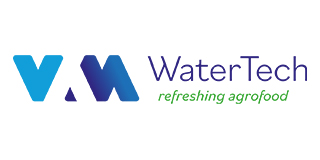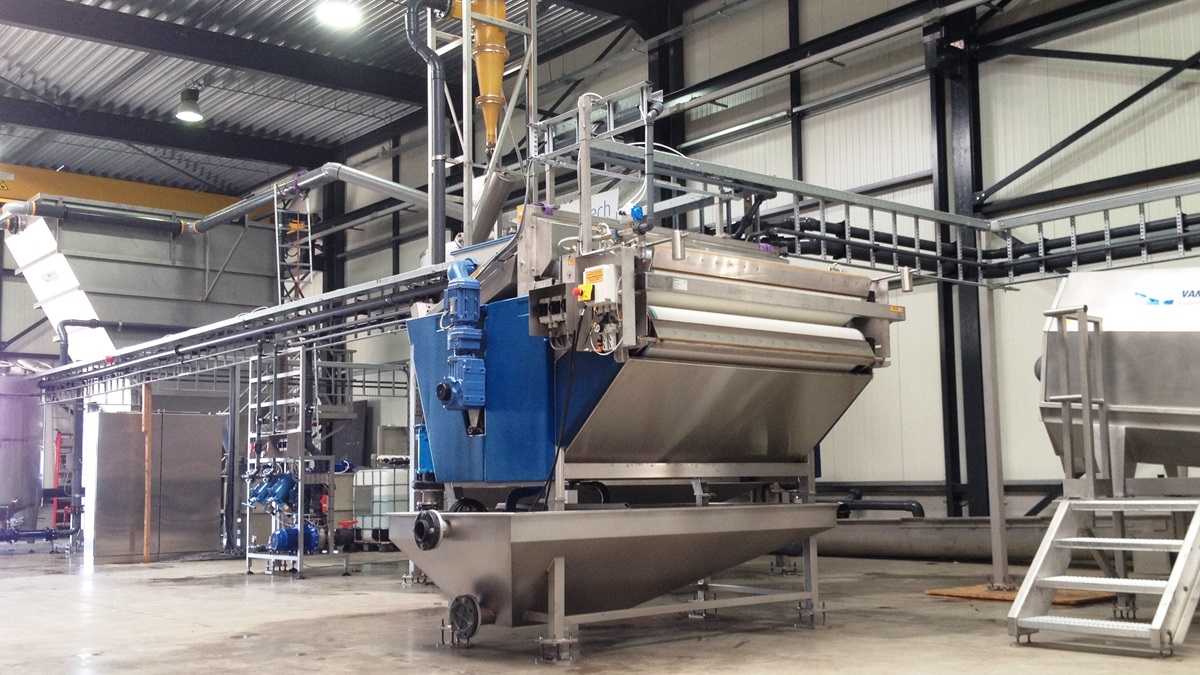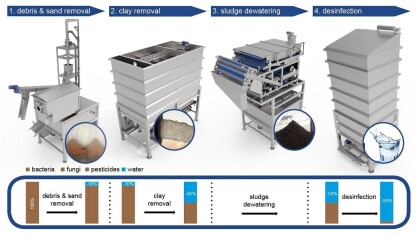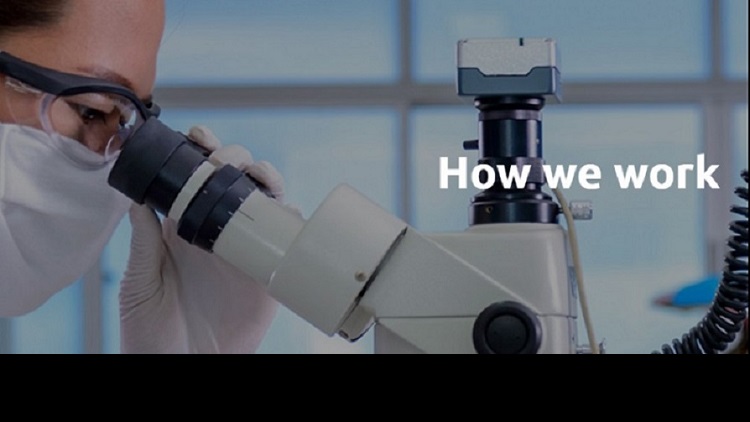

VAM WaterTech
Conditioning
Greydanus invests in a complete Vam WaterTech water purification system for washing potatoes
In the following article published on FreshPlaza, Dutch potato wholesaler Greydanus renews its trust in Vam WaterTech for its purified water washing system
Ten years ago, Greydanus invested in a complete water purifying system for washing potatoes using purified water. As a result, this Dutch potato wholesaler uses much less water. And just as importantly, the potatoes' quality and storability have improved considerably. The current system still works perfectly and is entirely up-to-date, thanks to the latest technology.
Greydanus Aardappelgroothandel has been supplying clients with a wide range of potatoes for more than 80 years. These Dutch potatoes find their way to supermarkets throughout Europe. Before the products are packaged, they are washed. Greydanus uses a water purification system from VAM WATERTECH for this. It purifies process water and reuses almost all of it. "We've worked together for at least 15 years," begins Klaas Greydanus.
"We initially had a different system with settling tanks. We pumped the sludge out once every few weeks. We've had this VAM WaterTech complete water purification system since 2012. That has saved us a considerable amount of water and provides a cleaner, nicer, more sustainable end product."
The water purifying system forms an integral part of the potato wholesaler's washing line as a whole. The water first runs through a sieve drum which removes coarse particles like twigs and leaves. It then flows to a cyclone which filters out the sand, and then the lamella separator separates the water and sludge. Additives mean any germs stick to these smaller particles, which are then removed. From the clean-water tank, the purified water then flows back to the washing line for reuse. "We drain and collect the sludge and it goes to a nearby livestock farm. So it's a completely closed system," says Klaas.
Improved quality and storability
According to him, the washed potatoes' quality and storability have vastly improved too. "When you open a bag of potatoes, you sometimes smell an unpleasant odor. That doesn't happen with potatoes washed in purified water. There's no chance of cross-contamination, and you can entirely remove residues. Retailers are, therefore, assured of a food-safe product. Also, it reduces the germination load from 90 to ten percent. That ensures a longer shelf life."
An additional advantage, says Klaas, is the machines' maintenance. Because of the clean process water, there is considerably less wear and tear.











